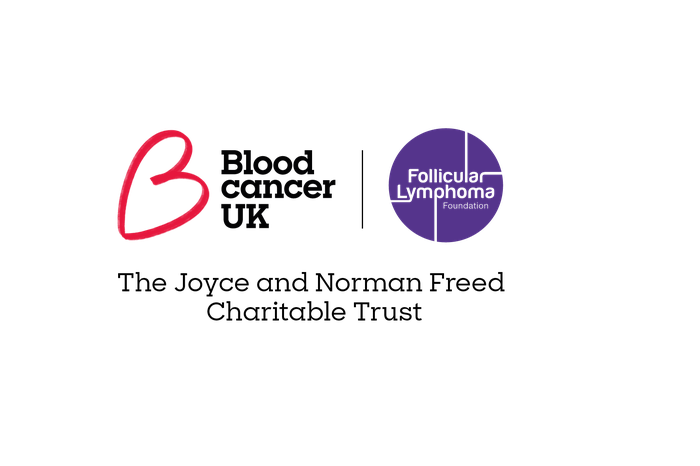Understanding the best way to treat follicular lymphoma
Follicular lymphoma is a type of blood cancer that can be treated but currently has no cure. Dr Linton wants to study how the order in which treatments are given can affect outcomes for people with follicular lymphoma, so she can understand more about the best way to treat the disease.
The challenge
Follicular lymphoma is a type of blood cancer that affects white blood cells called B lymphocytes. The disease affects over one million people across the world, with approximately 16,000 people diagnosed in the UK each year. The majority of people with follicular lymphoma require treatment at some stagey. Follicular lymphoma currently can be treated but has no cure and although most people respond to treatment, many people see their disease return.
The project
In this project, Dr Linton and her team of researchers will use data from an ongoing Cancer Research UK funded clinical trial called PETReA to see if the order in which treatments are given can affect outcomes for people with follicular lymphoma. The team also want to find the best way to match treatments to different groups of people, so they receive the most suitable treatment. They plan to study data from people with follicular lymphoma that have received no previous treatment, recording treatment information and monitoring health outcomes over time. They want to see which treatments are given and when and how the disease progresses.
The future
If we can understand more about the best way to treat lymphoma, the team hope to make steps towards finding a cure for the disease. Their research will also provide important information to doctors, helping them with treatment decisions, ensuring people with follicular lymphoma are given the best, most appropriate treatment as soon as possible.
Want to know more about this project?
This project is a joint partnership with the Follicular Lymphoma Foundation.

